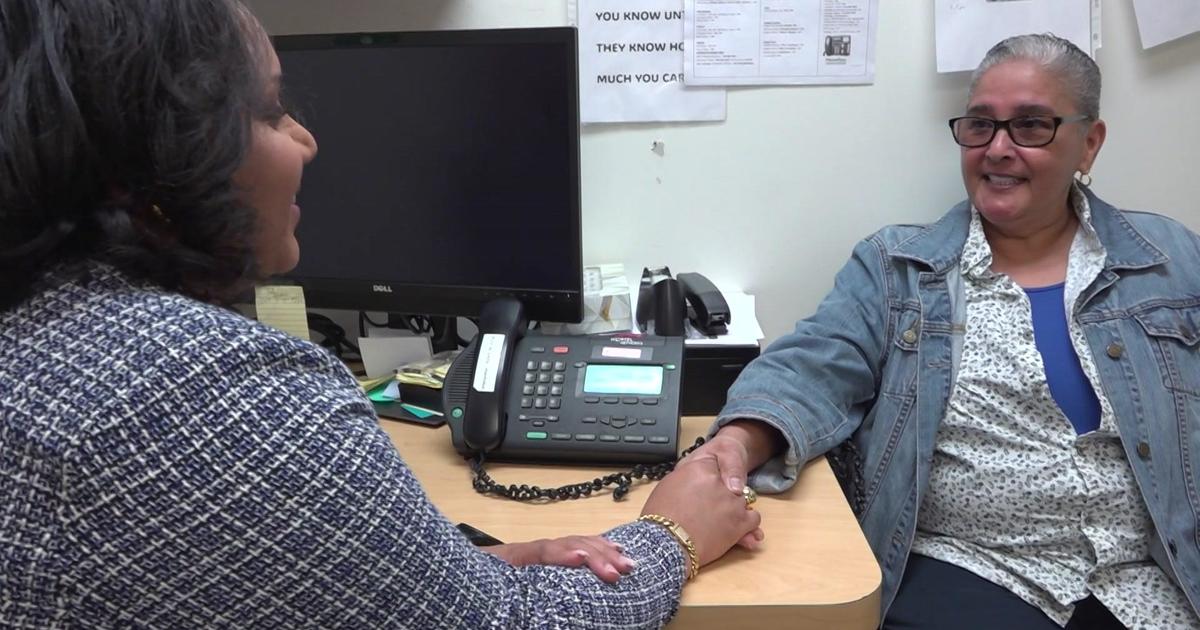Homework and You
Parents walk a fine line when it comes to helping their kids with homework. Not enough input and kids may fail their assignments, but too much and they might take a back seat to their parent's efforts and not learn. Of course, every child is different and each requires a differing amount of homework help, but there are specific guidelines, based upon the child's age and grade, that parents can use as a jump-off point. Here's a grade-by-grade guide to follow, keeping your own child's specific needs in mind.
Grade School – Homework requirements typically escalate by around 10 minutes per grade. The best way parents can help their children at this stage of the homework game is by teaching them good study habits and creating a comfortable homework area and routine. Things to keep in mind are:
- Schedule homework for the same time each day.
- Have a particular place set up with the necessary tools, such as crayons, glue, paper and child-proof scissors.
- Keep the area free of distractions, such as television noise, video games, computers and music.
- Make sure the area is well-lit and ventilated and that the temperature is comfortable.
Of course, the younger the child, the easier the work is for the parent to understand. Some children may want their parent or another adult to sit with them while they do their homework, but it may be better to let them know you are nearby in case they run into a problem. You can also check their homework with them once they have completed it. Your goal here should not be to do the child's work for them, but to help them acquire the skills needed to complete it. If your child is struggling with a lesson, it can help to let the teacher know so that additional support is provided within the classroom. Also, reach out to the teacher for guidance about the type of homework help they think your child would benefit from.
Middle School - Middle school kids start to do a very different dance with their parents at homework time. Some will continue to crave tons of support and others will stop asking for it, even if they need it. It's important for parents to find the balance and stay connected to their kids during these years, no matter how turbulent they can be. The strategies will differ from child to child but should include:
- Encourage your child to keep a calendar, either in full view or electronically, that includes due dates for homework and projects. Checking the calendar is your child's responsibility, not yours, but you can work with them on folding this task into their routine.
- Find out what types of online programs your child's school uses for homework, such as PowerSchool, where you can view and monitor your child's homework and overall progress.
- Keep an eye on your child's grades and check for missing or late homework reports.
- Help out with subjects you excel in if necessary, or enroll an older sibling to work with a younger child.
- After-school tutoring programs typically have a strong focus on homework. Find one nearby that feels like a good fit for your child or if necessary, enroll the help of a tutor.
- Stay in communication with your child to let them know you care and also to monitor that their self-reporting matches their grades and teacher reports.
- Keep an eye out for negative changes in your child's homework habits and grades. This can be a red flag that something else is going on that you need to know about.
High School – High school kids often go on homework auto-pilot, refusing parental help even if it is needed. Everyone does better in some subjects than others, but making sure teens get the support they require can be tricky. There are, however, a few tricks parents can pull out of their sleeves:
- Sleuth out videos that offer step-by-step instructions for thornier subjects, like Khan Algebra, and make sure your teen has access to them.
- Smart phones and computers can sap hours out of your teen's homework time if they're playing video games or texting endlessly. Unless they are part of an online study group or using web-based teaching aids, keep your teen away from electronic distractions and monitor their online use. Allow for texting breaks if needed.
- Some kids study more effectively if they are listening to music and others need quiet. Create a work environment for your teen that fits their study style and help them to maintain it.
- Homework time for teenagers can stretch into the wee hours of the morning. Support your teen to take water and snack breaks at designated intervals and to keep procrastination to a minimum.
- Lying down on a bed or couch can be sleep inducing and deadly to homework routines. Support your teen to maintain their homework area with a desk, table and comfortable chair and to keep it well stocked with supplies, but also make sure they get enough shut-eye at the right time.
- Offer to read your child's homework, class papers and essays, but ask them if they request or require input before you give it.
- If your teen is falling off track, have a conversation with them and try to figure out why. Stress about the future or college can be debilitating for lots of kids. Others may feel social stress of various kinds. Keep as connected to your teen as possible and if you determine that the issue is solely academic, look for a tutor or other type of educational support system to help them get through it
Now About That Science Project – There's at least one in every class, no matter what the child's grade: the type-A parent who stays up all night doing their child's science project, or other types of work, for them. No matter how stressful projects like this may be for your child, this is a big time no-no. Doing their work for them sends a terrible message that you don't trust them or think them incapable of doing it themselves. It also robs children of the opportunity to learn and acquire the types of coping skills they will need throughout their lives. This kind of cheating also rarely goes unnoticed by the teacher. All in all, the cost of that A simply isn't worth it.
Corey Whelan is a freelance writer in New York. Her work can be found at Examiner.com.



